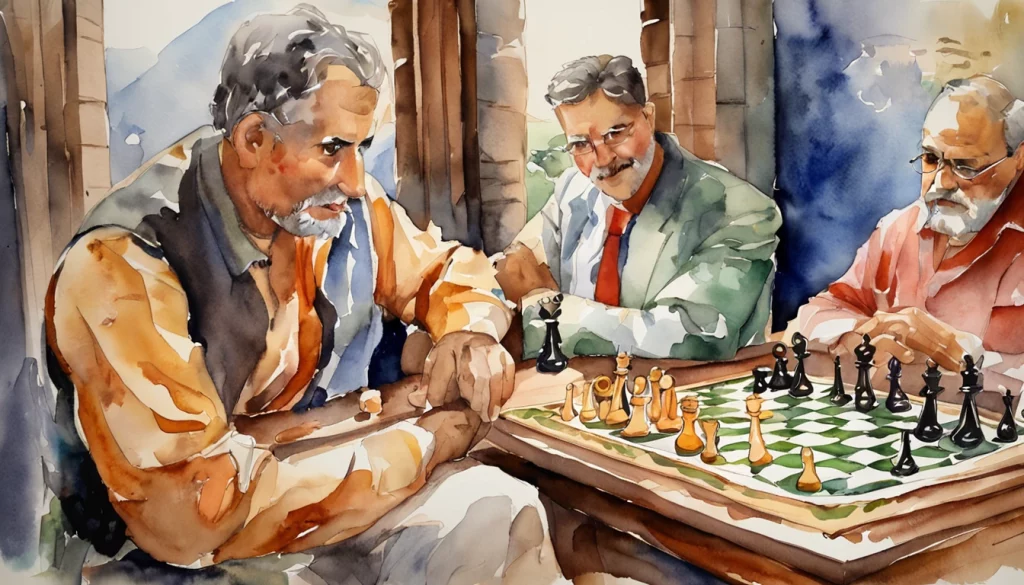
The history of chess is a captivating tale that spans centuries, evolving through different cultures and civilizations. Here’s a detailed timeline highlighting key moments and milestones:
6th Century: The origins of chess are believed to have emerged in India during the Gupta Empire. The game, known as "chaturanga," represented four divisions of the Indian military: infantry, cavalry, elephants, and chariots.
7th Century: Chaturanga evolved into "shatranj" in Persia, showcasing similar gameplay with a few modifications.
8th Century: Shatranj gained popularity in the Islamic world, spreading through the Arabian Peninsula. It was played by nobility and scholars and featured on courts and in literature.
10th Century: Chess reached Europe through trade and conquests, particularly during the Moorish invasion of Spain. The rules underwent further modifications in this period.
12th Century: The game continued to evolve in Europe, with changes in piece movements and rules. The queen gained more power, transforming into the formidable piece it is today.
15th Century: The modern rules of chess started to take shape, with notable changes like pawn movement options in the initial moves and castling.
19th Century: The first international chess tournaments were organized, leading to the establishment of standardized rules and competitive play. The romantic era of chess brought about aggressive, tactical playstyles.
20th Century: Chess saw significant advancements with the rise of world-class players like Capablanca, Alekhine, Botvinnik, Fischer, and Kasparov. The introduction of chess clocks and international competitions solidified its status as a global sport.
21st Century: The advent of technology revolutionized chess, enabling online play, databases, and powerful chess engines. This era saw the emergence of Magnus Carlsen, a young prodigy who became a world chess champion, popularizing the game among younger generations.Throughout its history, chess has transcended borders and cultures, leaving an indelible mark on art, literature, and strategic thinking. Its enduring appeal lies in its blend of simplicity and complexity, offering endless possibilities for players to explore and enjoy.
Whether played for leisure, as a competitive sport, or for its cognitive benefits, chess continues to captivate minds and remains a timeless game cherished by people of all ages worldwide.